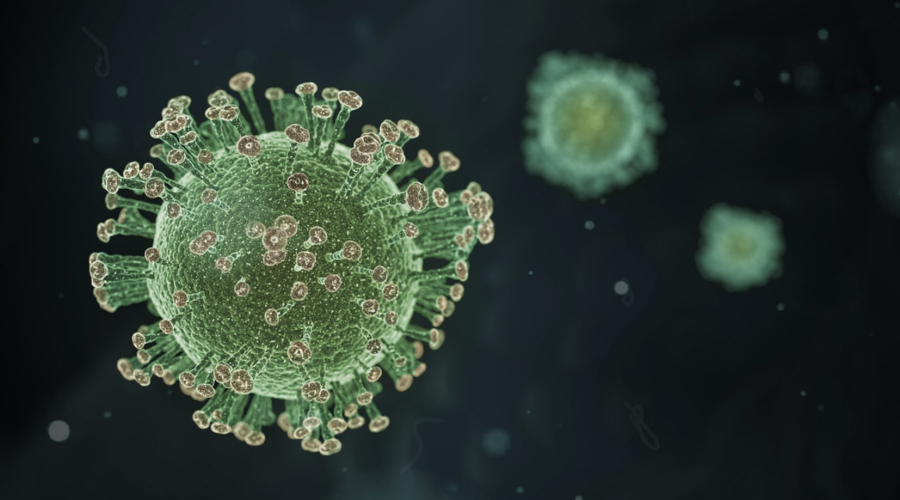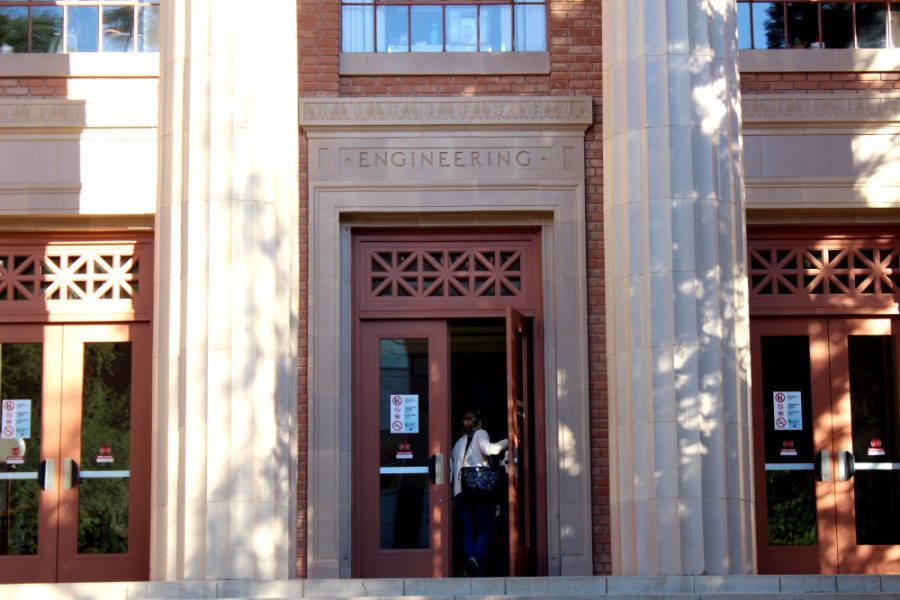On Friday, Dec. 11, the U.S. Food and Drug Administration issued an emergency use authorization for Pfizer/BioNTech’s coronavirus vaccine as the country is currently seeing record numbers of cases, hospitalizations and deaths. This action will pave the way for millions across the U.S. to start receiving the vaccine this week.
Pfizer has a deal with the U.S. government to supply 100 million doses of the vaccine by next March. Under that agreement, the shots will be free to the public.
The final data that was released on Dec. 10 and published in the New England Journal of Medicine found that Pfizer’s vaccine conferred 95% protection against COVID-19 in persons 16 years of age or older. The safety profile found short-term, mild-to-moderate pain at the injection site, fatigue and headache. The incidence of serious adverse events was low and was similar in the vaccine and placebo groups.
“The FDA’s authorization for emergency use of the first COVID-19 vaccine is a significant milestone in battling this devastating pandemic that has affected so many families in the United States and around the world,” said FDA Commissioner Dr. Stephen M. Hahn, in a press release on Friday.
RELATED: Pfizer releases early coronavirus vaccine data: ‘Great day for science and humanity,’ CEO says
Pfizer’s coronavirus vaccine takes genetic material called messenger RNA — referred to as mRNA — and injects it into muscle cells, which treat it as a recipe for building proteins. The proteins then stimulate the immune system and result in long-lasting protection against the virus through the production of antibodies.
The wide-scale distribution of Pfizer’s vaccine will be somewhat of a logistical challenge. Because it is made with mRNA, the doses will need to be kept at very cold temperatures.
“Today’s emergency use authorization of the Pfizer-BioNTech COVID-19 Vaccine holds the promise to alter the course of this pandemic in the United States,” said Dr. Peter Marks, Director of the FDA’s Center for Biologics Evaluation and Research. “With science guiding our decision-making, the available safety and effectiveness data support the authorization of the Pfizer-BioNTech COVID-19 Vaccine because the vaccine’s known and potential benefits clearly outweigh its known and potential risks.”
On Dec. 12, the Centers for Disease Control’s Advisory Committee on Immunization Practices voted to recommend the first COVID-19 vaccine for use for people 16 or older in the U.S. This news came just a day after the FDA’s authorization of Pfizer’s vaccine.
According to the press release, the ACIP advises the CDC on the types of populations and circumstances for which vaccines should be used. The advisors based today’s recommendation on the scientific evidence supporting the COVID-19 vaccine, including data from a Phase 3 clinical study announced last month and published in the New England Journal of Medicine.
“[The] ACIP recommendation marks a momentous step in this historic journey and the beginning of another, as we work jointly with the U.S. government, other vaccine companies and our many partners to execute the largest mass vaccination program in our nation’s history. Collectively, we aim to vaccinate hundreds of millions of Americans by the end of 2021,” said Albert Bourla, the CEO of Pfizer.
Vaccine advisers have already broken down priority groups into subgroups and have only designated the very first people to get vaccines. Those in this 1a group designated by the Advisory Committee on Immunization Practices will include frontline health care workers and people in long-term care homes.
Moderna’s vaccine, which was shown to be over 94% effective in interim data, will be voted on this coming week by the U.S. FDA and CDC’s ACIP as the U.S. longs for a sense of normalcy after all of the devastating events during 2020.
RELATED: ‘Wherever You Go, I’ll Follow’ – The Story of Microorganisms
Follow Amit Syal on Twitter









